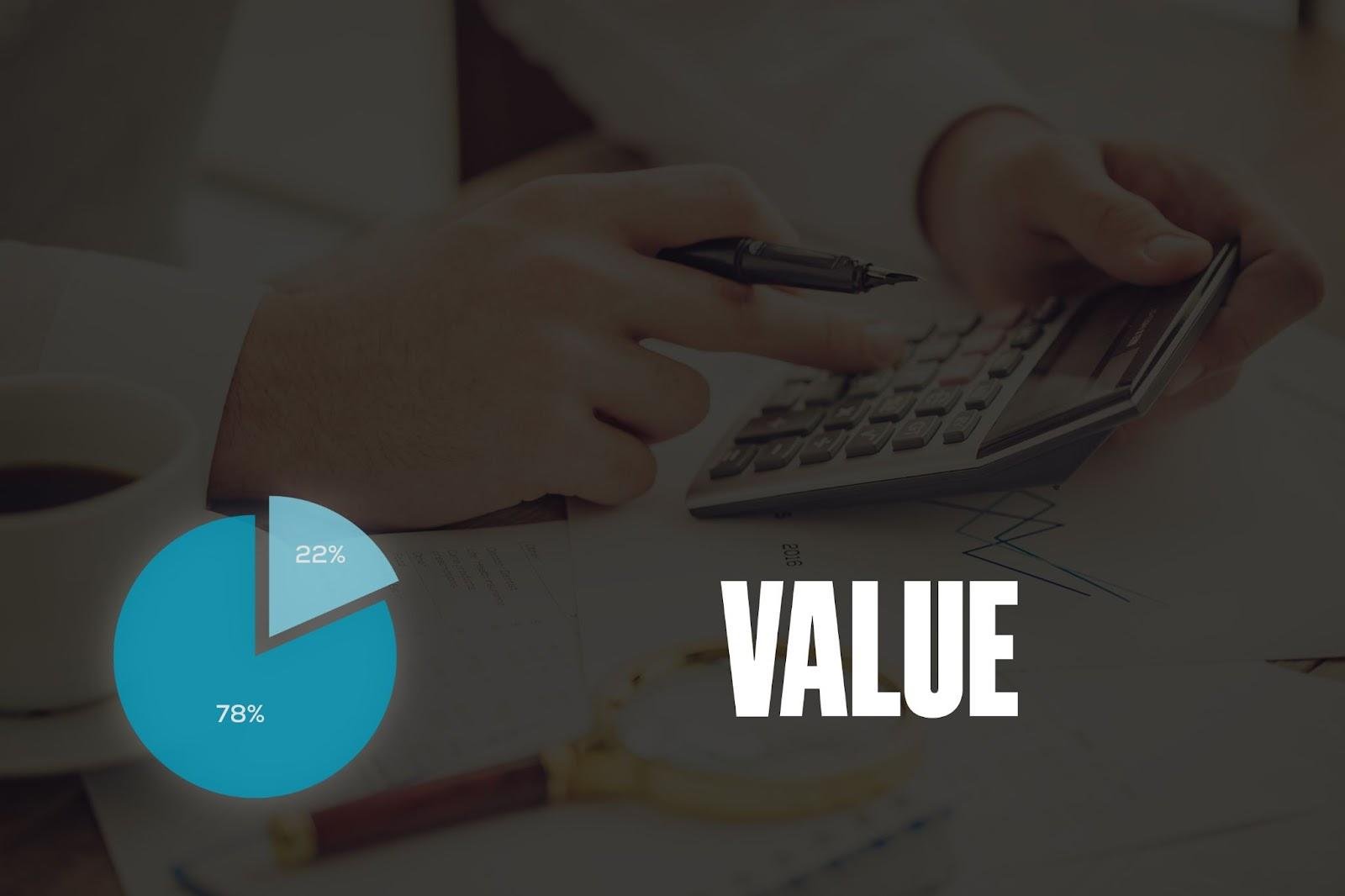
Understanding how much your business is worth can feel like solving a puzzle—you know all the pieces are there, but putting them together to reveal the whole picture takes skill, precision, and a bit of experience. Whether you’re thinking about selling, bringing in investors, or just curious, a business valuation offers a comprehensive snapshot of your company’s financial health and market value.
Here’s a straightforward, step-by-step guide to help you understand how to value your business.
Step 1: Identify Your Purpose for Valuing the Business
Before diving into the numbers, ask yourself why you’re pursuing a valuation. The purpose of valuing your business can significantly impact the valuation method and approach. Here are a few reasons that might apply:
- Preparing to Sell: A clear valuation helps set a fair selling price and provides transparency to buyers.
- Seeking Investors: Potential investors will want to know your business’s worth.
- Planning an Exit Strategy: A valuation can provide insight for succession planning or selling your share.
Step 2: Gather All Financial Documents
Valuing a business is like baking a cake—you need to gather all the ingredients first. In this case, your “ingredients” are financial documents. Organising everything will save time and ensure accuracy.
Make sure you have:
- Profit and Loss Statements: These reflect the business’s profitability over time.
- Balance Sheets: They reveal your assets, liabilities, and equity.
- Cash Flow Statements: Cash flow is often considered one of the most crucial indicators of a business’s health.
- Tax Returns: Tax history can be essential, as it shows stability and credibility.
Step 3: Choose Your Valuation Method
3.1 Income-Based Valuation
This could be the best option if your business consistently generates steady profits. The income-based approach evaluates your company’s ability to produce future earnings. Within this category, you might consider two methods:
- Discounted Cash Flow (DCF): A realistic view of possible profits is provided by this strategy, which forecasts future cash flows and discounts them to present value.
- Capitalisation of Earnings: It’s a simpler alternative that divides current earnings by a capitalisation rate, which reflects risk and potential growth.
3.2 Market-Based Valuation
If you’re running a business with many industry comparables, the market-based approach might work well. This method looks at the selling prices of similar businesses in your area. It’s a bit like checking real estate prices before buying a house, allowing you to see what comparable businesses sold for.
For instance, imagine you own a coffee shop in Sydney. By checking the sale prices of other local coffee shops, you can get a general sense of the market’s expectations. However, this method can be tricky if your business is unique or in a niche industry.
3.3 Asset-Based Valuation
An asset-based approach might fit if your business holds significant physical or financial assets. This method evaluates the net value of your company’s assets minus its liabilities. This approach works well for companies with high capital investments, like manufacturers or real estate businesses, but it may not be suitable if your business is primarily service-based.
Step 4: Determine the “Intangible” Value
Every business has qualities that aren’t easily quantified but add to its value. Think of this as your business’s character. Elements like brand reputation, loyal customer base, proprietary technology, and employee expertise often bring extra value, especially in niche or highly competitive markets. Valuing these intangible assets can be challenging but is essential for giving a complete picture of your business’s worth.
Here are a few examples:
- Brand Reputation: If you’re known for high-quality service, that reputation adds value.
- Customer Loyalty: A strong customer base with a high retention rate is invaluable.
- Location: For example, a prime location in Brisbane’s CBD can add significant value to a café or retail shop.
Step 5: Adjust for Market Conditions
The Australian market is a unique landscape—what’s true here isn’t always the case elsewhere. For example, economic stability, industry health, and even local trends can sway a business’s valuation. It’s important to consider the current market, which could be influenced by everything from regional consumer confidence to the strength of the Australian dollar.
Visit australianvaluations.com.au to understand the market factors that matter most. This step ensures that your valuation reflects reality rather than just being based on textbook figures.
Step 6: Seek Professional Advice
Business valuation isn’t always a DIY job, even if you’ve done your homework. Engaging a professional, especially one familiar with your industry and region, can provide invaluable insights. Qualified valuers have experience and access to specialised tools and resources that give them a unique vantage point.
For example, here at Australian Valuations, we specialise in helping Australian businesses across industries get a precise and actionable valuation. Professional advice can be especially helpful if you plan to use your valuation for serious business decisions, such as selling or securing funding.
Step 7: Keep Your Valuation Updated
Business value isn’t static; it fluctuates based on internal and external factors. If you’ve done a valuation a few years ago, it might be time for a fresh one. Think of it like a health check—staying up to date ensures you have an accurate picture of your business at any given time. Consider revisiting your valuation annually if your industry is fast-moving or experiencing rapid growth.
Valuing a business is as much an art as it is a science.
Following these steps can help you understand the process better and make it less intimidating. Each step takes you closer to clearly seeing your business’s worth, allowing you to make informed decisions.
And remember, whether simply curious or actively planning your next move, getting a professional property or insurance valuation from Australian Valuations ensures your business is valued accurately, setting you up for success.





